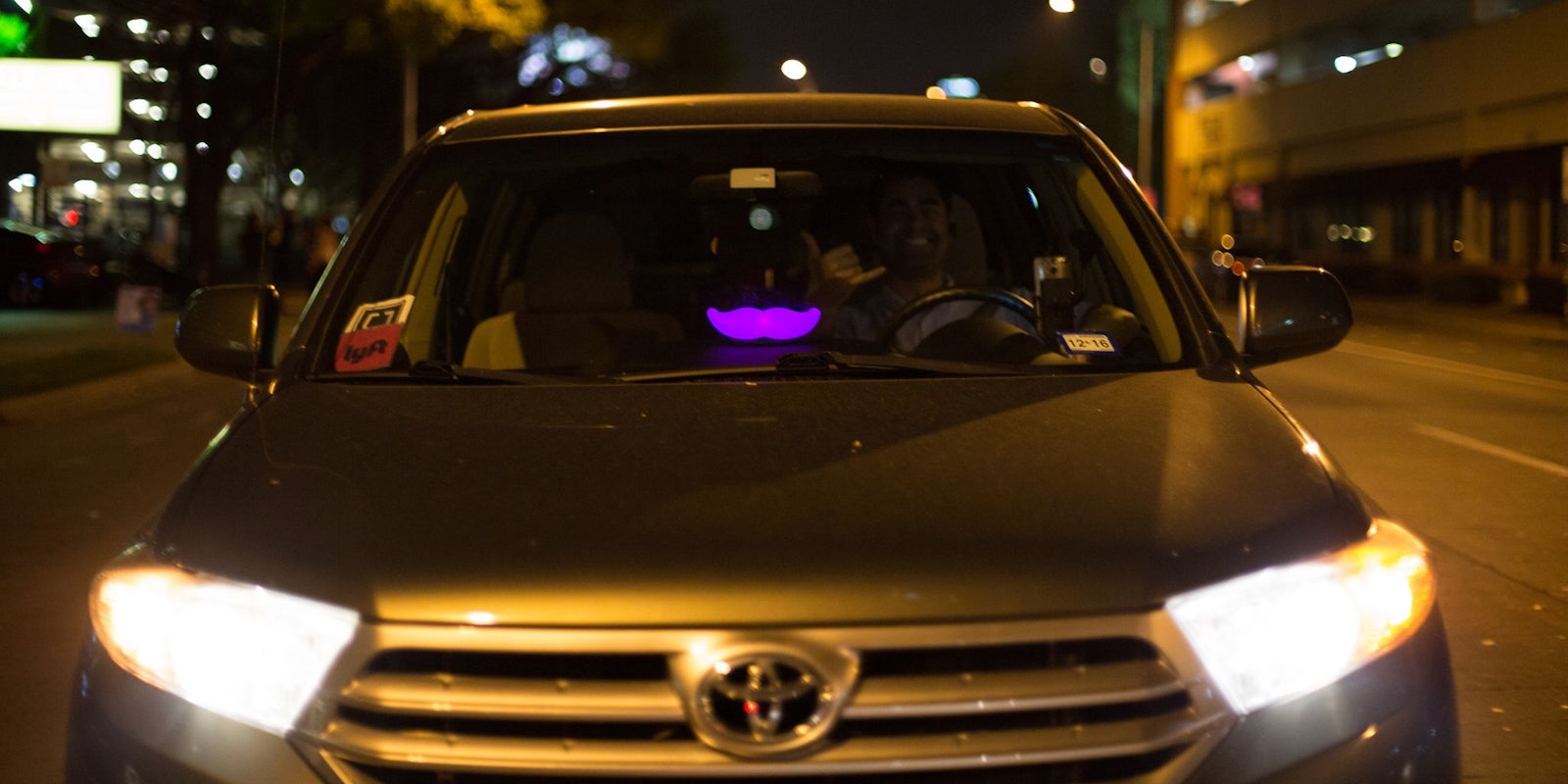In October, the National Bureau of Economic Research released a study that found those with “black-sounding” names waited up to 35 percent longer to have an Uber or Lyft trip request approved than those with “white-sounding” names. The firm also discovered that drivers were twice as likely to cancel a ride from a black passenger.
These findings prompted Sen. Al Franken to write an open letter to the CEOs of both Lyft and Uber, urging them to address racism within their companies. Both companies responded.
On Wednesday, the senator’s office released letters from the ride-hailing companies saying they would continue to look for ways to reduce discrimination. Lyft claimed it would begin tracking driver cancellations and quality of service in poor, minority areas.
From the company’s letter to the senator:
“Since the release of the study referenced in your letter, Lyft send a message to all drivers encouraging them to discuss this issue with their passengers and reminding them of their obligations under Lyft’s anti-discrimination policy. Also, moving forward we will enhance our regular thorough review of ride cancellations by including a focus on cancellation rates and quality of service in “minority census tracts” as defined in 12 USCS § 4502 (a census tract that has a minority population of at least 30 percent and a median income of less than 100 percent of the area median income).”
There is a small but significant difference in the way the two ride-hailing apps operate. Uber only shows a passenger’s first name to a driver when a request is sent, whereas Lyft provides a driver with both a passenger’s name and their photo.
The company says it will continue to monitor its platform and make changes if needed. Those changes may include keeping a rider’s photo from their driver.
In the letter, Lyft touted its service for expanding affordable transportation into neighborhoods that were previously underserved. Likewise, some users have noted that the apps’ feedback feature makes it easier for passengers to counter potential stereotypes.
In April, Derrick Grant shared “Black on black: A cultural case study for Uber,” a personal account of his difficulties finding a convenient means of getting home in London as “black cabs rarely stop for black men.” Grant says the ability for an Uber driver to rate their passengers has greatly improved his odds of getting a ride.
Uber and Lyft will need to find ways to deter discrimination if they want to realize the true potential their platforms could have on society.
H/T Washington Post


